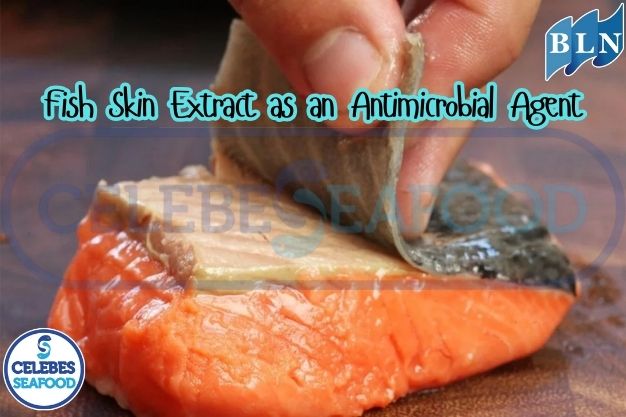Symptoms and Treatment of Fish Poisoning
By. Edi - 02 Sep 2025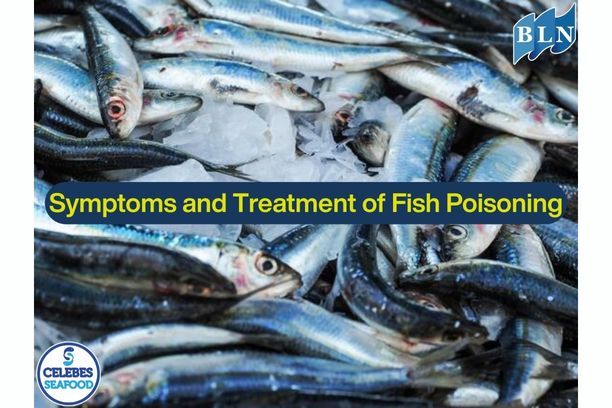
lautnusantara.com Fish poisoning can occur after consuming fish contaminated with toxins, bacteria, or parasites. Symptoms can vary, from mild to severe. It is important to recognize the symptoms and know the proper treatment to avoid serious complications.
A. Symptoms of Fish Poisoning
Symptoms of fish poisoning usually appear within minutes to hours after consuming the fish. Here are some common symptoms to watch out for:
- Digestive Symptoms: Nausea, vomiting, diarrhea, abdominal pain, and cramps.
- Neurological Symptoms: Tingling and numbness around the mouth, lips, tongue, hands, and feet. Dizziness, headache, and muscle weakness may also occur.
- Allergic and Skin Symptoms: Itching, rash, redness of the skin, and swelling of the face or neck.
- Cardiovascular Symptoms: Irregular heartbeat (arrhythmia), low blood pressure (hypotension), and in severe cases, shock.
- Other Symptoms: Blurred vision, difficulty swallowing, and shortness of breath.
B. Types of Fish Poisoning
There are several common types of fish poisoning, each with specific causes and symptoms:
- Scombroid Poisoning: This is one of the most common types of fish poisoning. It is caused by fish that has not been properly stored after being caught, such as tuna, mackerel, or mahi-mahi. Bacteria in stale fish convert the natural histidine into high levels of histamine. Symptoms of scombroid poisoning resemble an allergic reaction, such as rashes, hives, swelling, and headaches.
- Ciguatera Poisoning: This poisoning occurs from consuming fish from tropical and subtropical waters contaminated with the toxin ciguatoxin. Large predatory fish, such as grouper, snapper, and barracuda, are common culprits. Symptoms of ciguatera poisoning include gastrointestinal symptoms, neurological symptoms (such as tingling or chills), and cardiovascular symptoms.
- Pufferfish Poisoning: This poisoning is caused by tetrodotoxin, a highly lethal toxin found in pufferfish. This toxin attacks the nervous system and can cause muscle paralysis, difficulty breathing, and even death. Only highly trained chefs are permitted to prepare this fish.
C. How to Treat Fish Poisoning
Treatment for fish poisoning depends on the type and severity of the fish poisoning. Here are the steps you can take:
- Seek Immediate Medical Attention: If you or someone you know experiences symptoms of fish poisoning, go to the emergency room or call medical services immediately. This is the most important step, especially if the symptoms are severe, such as difficulty breathing or an irregular heartbeat.
- Describe Your Condition in Detail: Tell your doctor about the type of fish you ate, when you ate it, and what symptoms you experienced. This information is crucial for your doctor to determine the correct diagnosis and treatment.
- Symptomatic Treatment: Your doctor may prescribe medication to relieve symptoms, such as antihistamines for rashes and itching, or anti-nausea medications for vomiting. In severe cases, you may need to be hospitalized for further monitoring and treatment.
- Hydration: Drink plenty of water to prevent dehydration, especially if you are experiencing vomiting or diarrhea.
D. Prevention
Prevention is better than cure. Here are some tips to avoid fish poisoning:
- Choose Fresh Fish: Make sure the fish you buy or consume has clear eyes, bright red gills, and scales that are firmly attached. Avoid fish with a strong fishy odor or a mushy texture.
- Store Fish Properly: After purchasing fish, immediately store it in the refrigerator or freezer to maintain its freshness.
- Avoid High-Risk Fish: Be careful when consuming fish from waters known to have a high risk of contamination, especially large predatory fish from tropical waters.
- Eat at Trusted Restaurants: Choose restaurants or food establishments that are trusted and have a good reputation for maintaining the quality of their ingredients.
By recognizing the symptoms and seeking prompt treatment, you can minimize the risk and impact of fish poisoning.
If you are interested in our Coral Trout Fillet Skin On, CORAL TROUT WGG WHOLE GILLED GUTTED please do not hesitate to contact us through email and/or whatsapp.
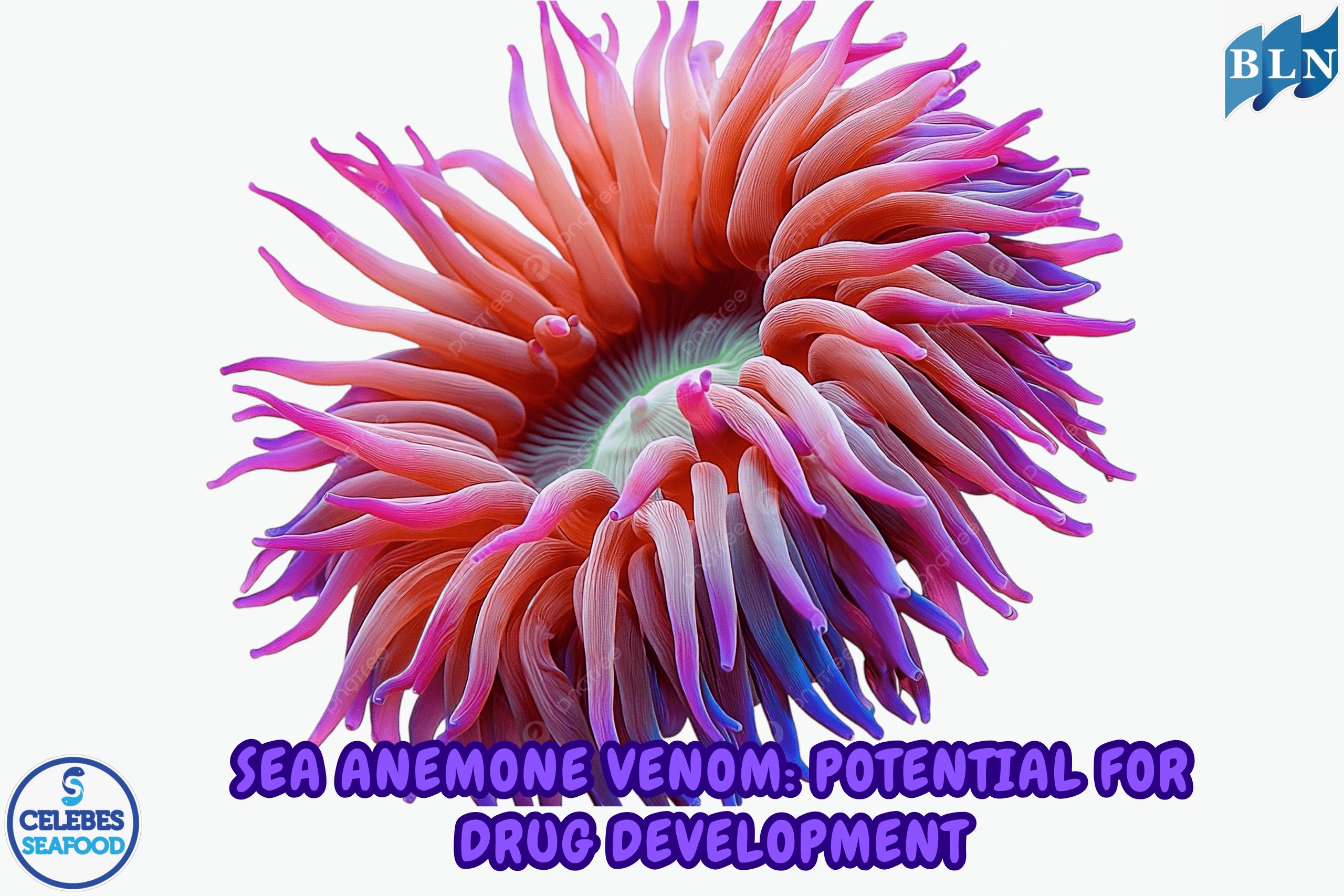
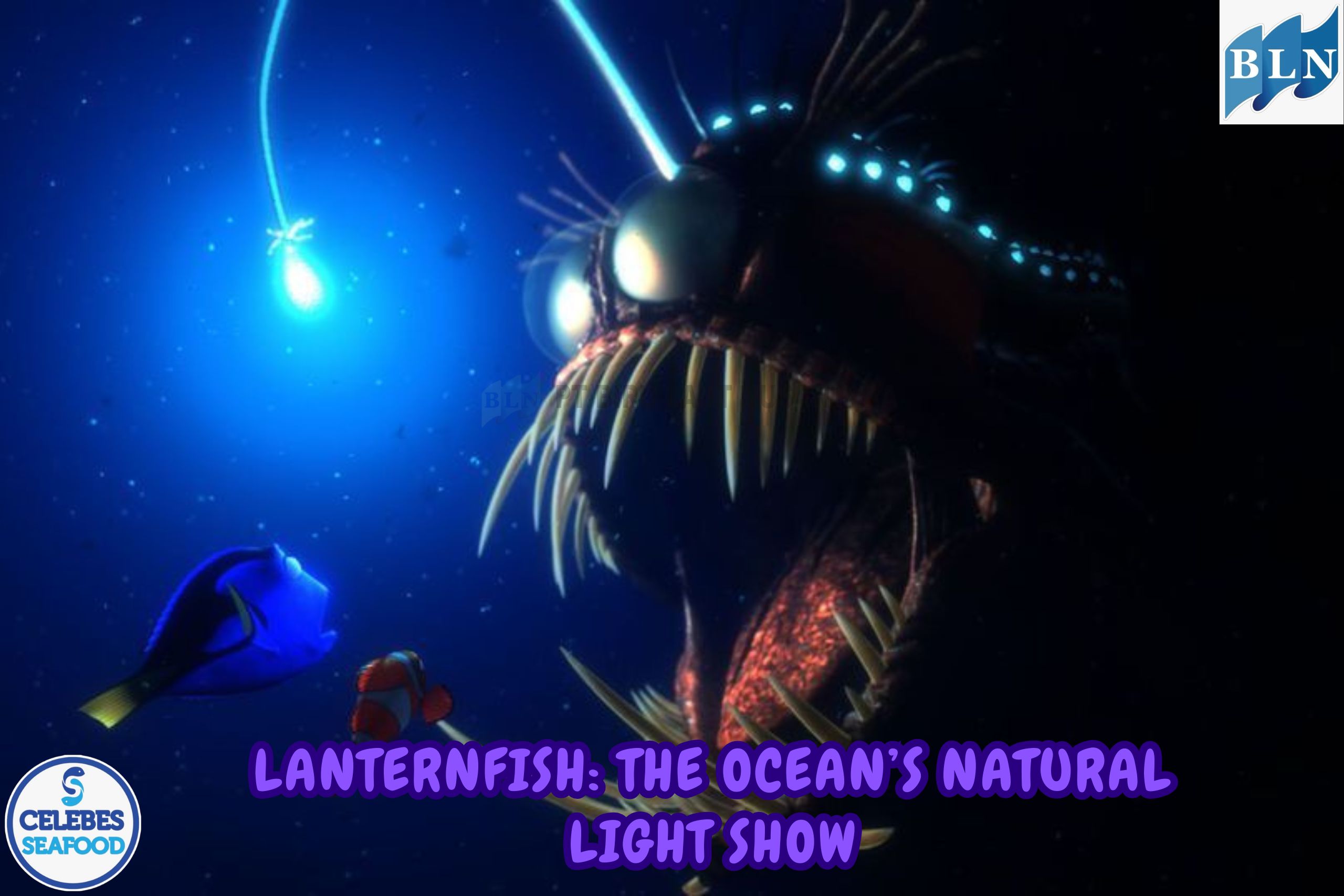

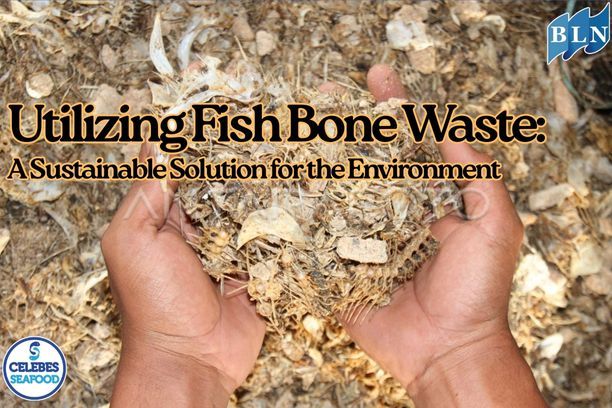


 Extreme Deep-Sea Vent Inhabitant.jpg)
